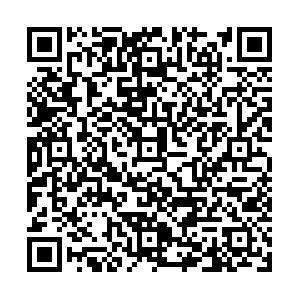Abstract:
Objective To explore the effect of father-participated nursing interventions on self-efficacy and behavior of breastfeeding mothers based on self-efficacy theory.
Methods A total of 250 pregnant women in Shaoxing Central Hospital from January 2018 to January 2019 were divided into control group and observation group according to the random number table method, 125 cases in each group. In the control group, the parturients were given routine nursing. In the observation group, the parturients were given father's participation nursing based on self-efficacy theory. The self-efficacy score happiness score and nursing satisfaction of the two groups were compared by various scales, and the rates of exclusive breastfeeding were calculated.
Results At 3 days, 1 month, and 3 months postpartum, the maternal breastfeeding self-efficacy scores in both groups were significantly higher than that before nursing(all
P<0.05). At 1 and 3 months postpartum, the maternal breastfeeding self-efficacy scores in both groups significantly higher than that at 3 days postpartum(all
P<0.05). At 3 months postpartum, the breastfeeding self-efficacy scores of the two groups were significantly higher than that at 1 month postpartum(all
P<0.05). At 3 days, 1 month and 3 months postpartum, the breastfeeding self-efficacy scores in the observation group were significantly higher than that in the control group(
P<0.05). At 3 months postpartum, the rate of exclusive breastfeeding of the parturients in the two groups was significantly lower than that of the 3 d postpartum(
P<0.05); at 3 days postpartum and 3 months postpartum, the rate of exclusive breastfeeding of the observation group was significantly higher than that of the control group(
P<0.05). At 3 months postpartum, maternal happiness score of the two groups was significantly higher than that before nursing(all
P<0.05). At 3 months postpartum, the scores of independence, personal growth, self-acceptance, life goals, good relationship and environmental control of parturients in the observation group were significantly higher than those in the control group(all
P<0.05). After nursing, the satisfaction rate of the parturients in observation group(96.8%) was significantly higher than that in the control group(81.6%,
P<0.05).
Conclusion Participatory nursing of fathers based on self-efficacy theory can significantly improve the self-efficacy of breastfeeding and the rate of exclusive breastfeeding, and enhance maternal well-being and satisfaction with nursing.

 点击查看大图
点击查看大图



 下载:
下载:
